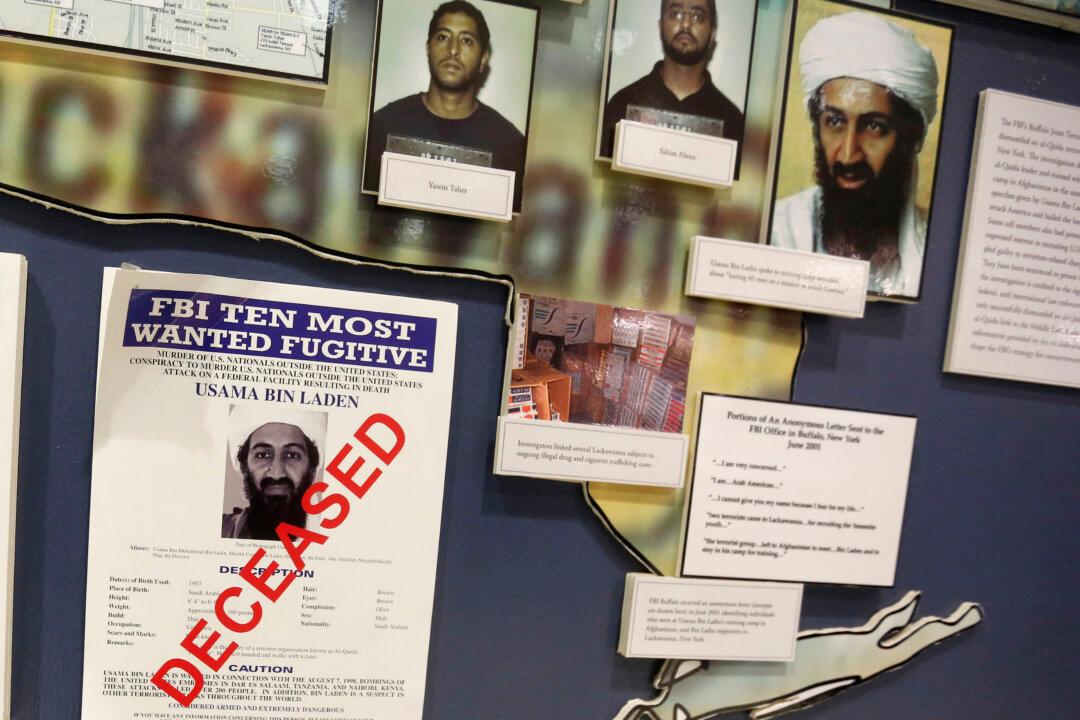Afghanistan’s ruling Taliban terrorist group said on Tuesday there was no evidence of ISIS or al-Qaeda terrorists being in the country, days after the ISIS terrorist group claimed responsibility for bomb attacks in the eastern city of Jalalabad.
Since toppling the Western-backed government in Kabul last month, the Taliban have faced pressure from the international community to renounce ties with al-Qaeda, the terrorist group behind the Sept. 11, 2001, attacks on the United States.





